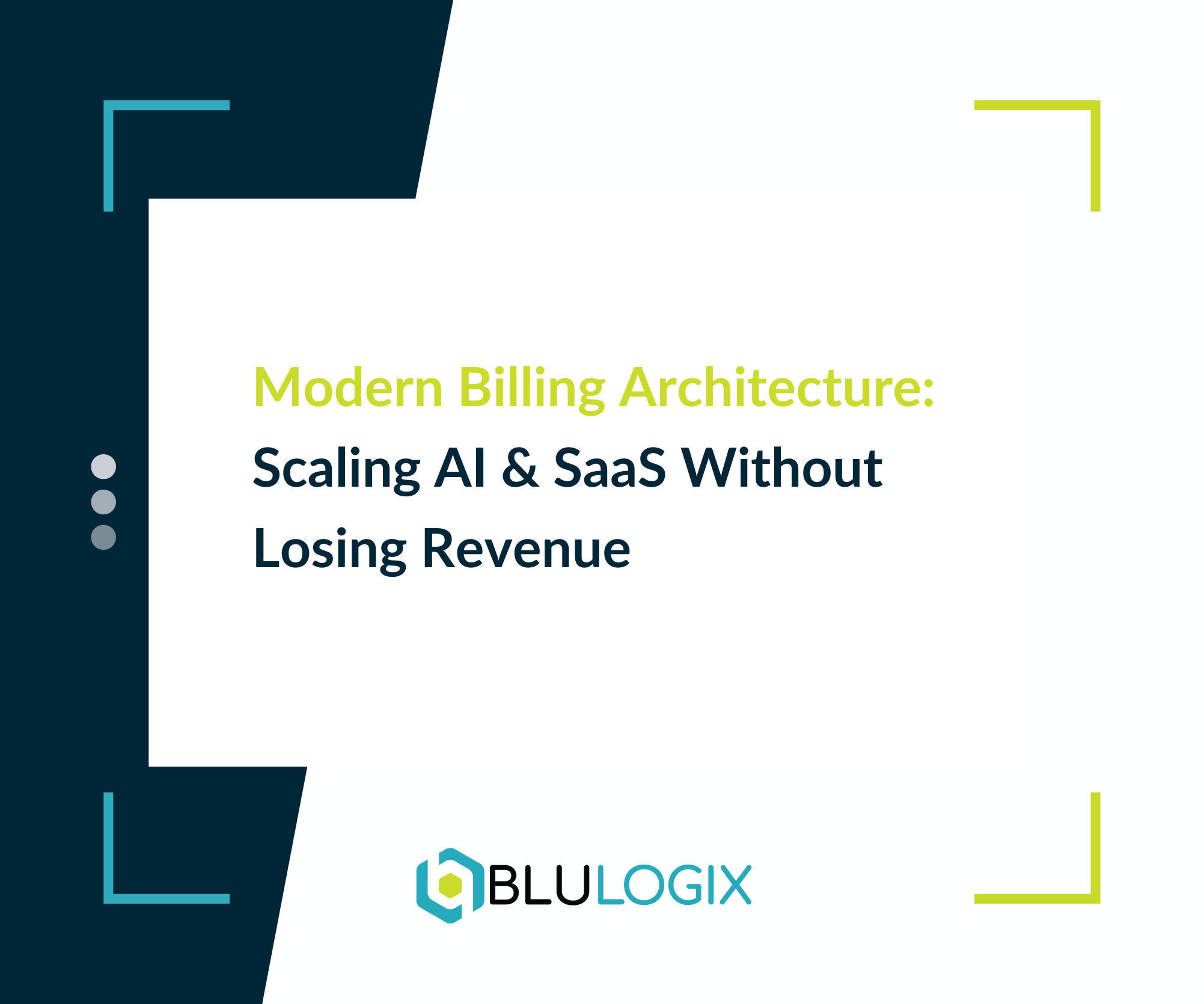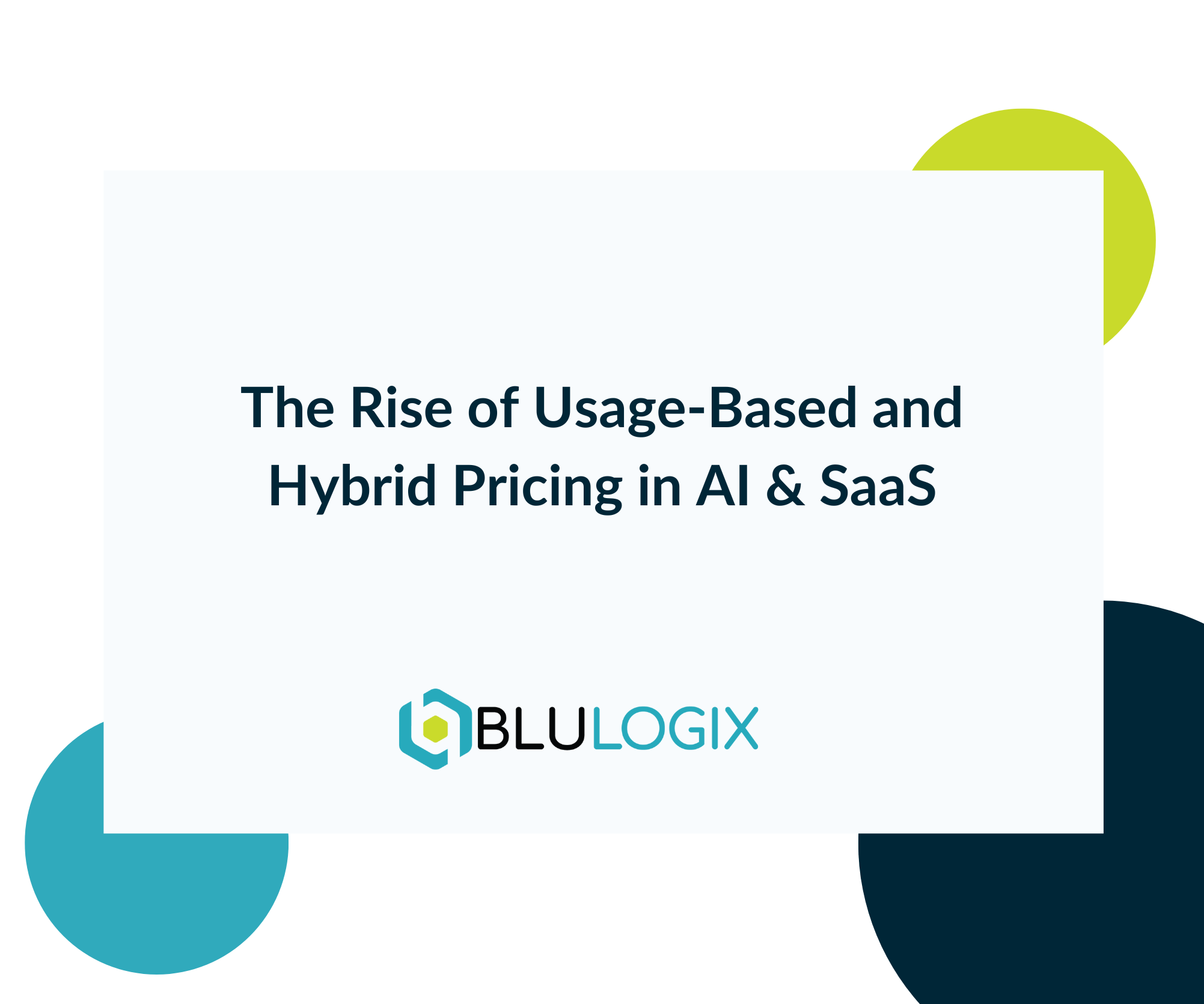See why growth companies choose BluIQ
The Ultimate in Flexibility and Scalability for Subscription Management and Billing.
Margin analysis is a powerful tool that allows businesses to evaluate profitability across various operational levels—from individual products to entire business units. By understanding how each aspect of the business contributes to overall profitability, companies can make data-driven decisions that maximize revenue and ensure sustainable growth. Unlocking profitability at every transaction level requires a deep understanding of the costs, revenues, and margins associated with each part of the business.
Evaluating Profitability Across Operational Levels
Margin analysis provides insights into profitability at multiple operational levels, including:
Using margin analysis to evaluate profitability across various operational levels provides businesses with the insights needed to optimize pricing, manage costs, and make strategic adjustments. Here are some of the ways margin analysis helps unlock profitability:
Real-time margin analysis takes profitability evaluation to the next level by providing up-to-the-minute insights into how each aspect of the business is performing. Tools like the BluIQ Margin Analyzer allow businesses to assess margins at different levels, from specific products to customer segments, in real time. This level of insight empowers decision-makers to act quickly, optimizing profitability based on current data.
For instance, real-time margin analysis can help a subscription service provider determine which customer segments are most profitable and which are at risk of becoming unprofitable. By having this information readily available, the company can make timely adjustments to pricing, promotions, or support efforts to maintain profitability.
Consider a UCaaS company that uses margin analysis to evaluate the profitability of its various service packages. The company identifies that one specific package has a lower margin compared to others. By diving deeper into the costs associated with delivering that package, they identify areas where cost-saving measures can be implemented, such as renegotiating supplier contracts or optimizing service delivery processes. These adjustments help improve the overall margin for that package, making it more profitable.
Another example is an IoT business that uses margin analysis to understand the profitability of different product categories. By identifying which products have the highest margins, the company can focus its marketing efforts on promoting those products, ultimately driving more profitable sales and increasing overall revenue.
Margin Analysis is an essential tool for unlocking profitability at every transaction level. By evaluating profitability across different operational levels—products, customers, and business units—businesses gain the insights needed to make strategic decisions that enhance profitability. Whether it’s refining pricing strategies, managing customer relationships, or addressing operational inefficiencies, margin analysis provides the data-driven foundation for sustainable growth.
In today’s competitive market, understanding profitability at a granular level is key to staying ahead. By leveraging margin analysis tools, businesses can unlock the full potential of their revenue streams and ensure that they are maximizing value at every level of their operations.



| Cookie | Duration | Description |
|---|---|---|
| cookielawinfo-checbox-analytics | 11 months | This cookie is set by GDPR Cookie Consent plugin. The cookie is used to store the user consent for the cookies in the category "Analytics". |
| cookielawinfo-checbox-functional | 11 months | The cookie is set by GDPR cookie consent to record the user consent for the cookies in the category "Functional". |
| cookielawinfo-checbox-others | 11 months | This cookie is set by GDPR Cookie Consent plugin. The cookie is used to store the user consent for the cookies in the category "Other. |
| cookielawinfo-checkbox-necessary | 11 months | This cookie is set by GDPR Cookie Consent plugin. The cookies is used to store the user consent for the cookies in the category "Necessary". |
| cookielawinfo-checkbox-performance | 11 months | This cookie is set by GDPR Cookie Consent plugin. The cookie is used to store the user consent for the cookies in the category "Performance". |
| viewed_cookie_policy | 11 months | The cookie is set by the GDPR Cookie Consent plugin and is used to store whether or not user has consented to the use of cookies. It does not store any personal data. |
The Ultimate in Flexibility and Scalability for Subscription Management and Billing.
